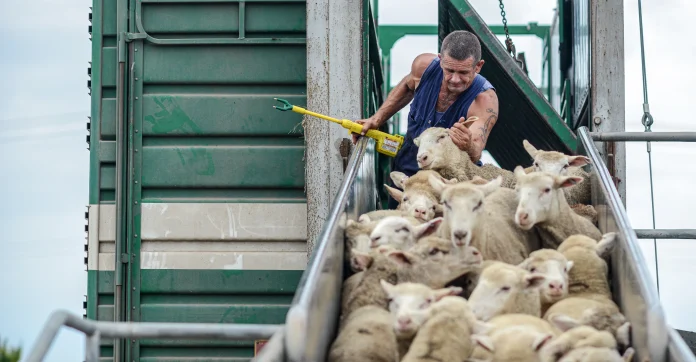China has imposed a sweeping ban on livestock imports from several African, Asian, and European nations due to outbreaks of livestock diseases. The restrictions, announced by China’s General Administration of Customs on January 21, apply to sheep, goats, poultry, and even-toed ungulates, as well as their processed and unprocessed products.
The ban impacts multiple regions, including African countries like Ghana, Somalia, Nigeria, Tanzania, Congo (DRC), and Egypt.
The decision follows reports from the World Health Organization (WHO) citing outbreaks of sheep pox, goat pox, and foot-and-mouth disease in these countries. Specifically, Germany faced restrictions after detecting foot-and-mouth disease, while Palestine, Pakistan, Afghanistan, Nepal, and Bangladesh were banned due to sheep pox and goat pox outbreaks.
As the world’s largest meat importer, China has taken these measures to protect its livestock industry and prevent the spread of animal diseases that could threaten food security. The country imported 6.66 million metric tons of meat in 2024, but there has been a decline in imports recently, including a 9.7% drop last year.
- Advertisement -
Temporary bans on livestock imports are not uncommon, especially in response to disease threats. However, China’s restrictions have broad implications for the global meat trade, particularly for nations that rely on China as a key export market.
The import restrictions are expected to disrupt trade and place economic pressure on exporting countries. Many of these nations depend on livestock trade with China, and the bans could force them to seek alternative markets.
The General Administration of Customs has stated that it will continue to assess global disease outbreaks and adjust import policies accordingly. This move by China reinforces the importance of biosecurity in international trade, emphasizing the need for disease prevention, better monitoring, and certification standards.










